Things To
Know
SAVE THE DATES
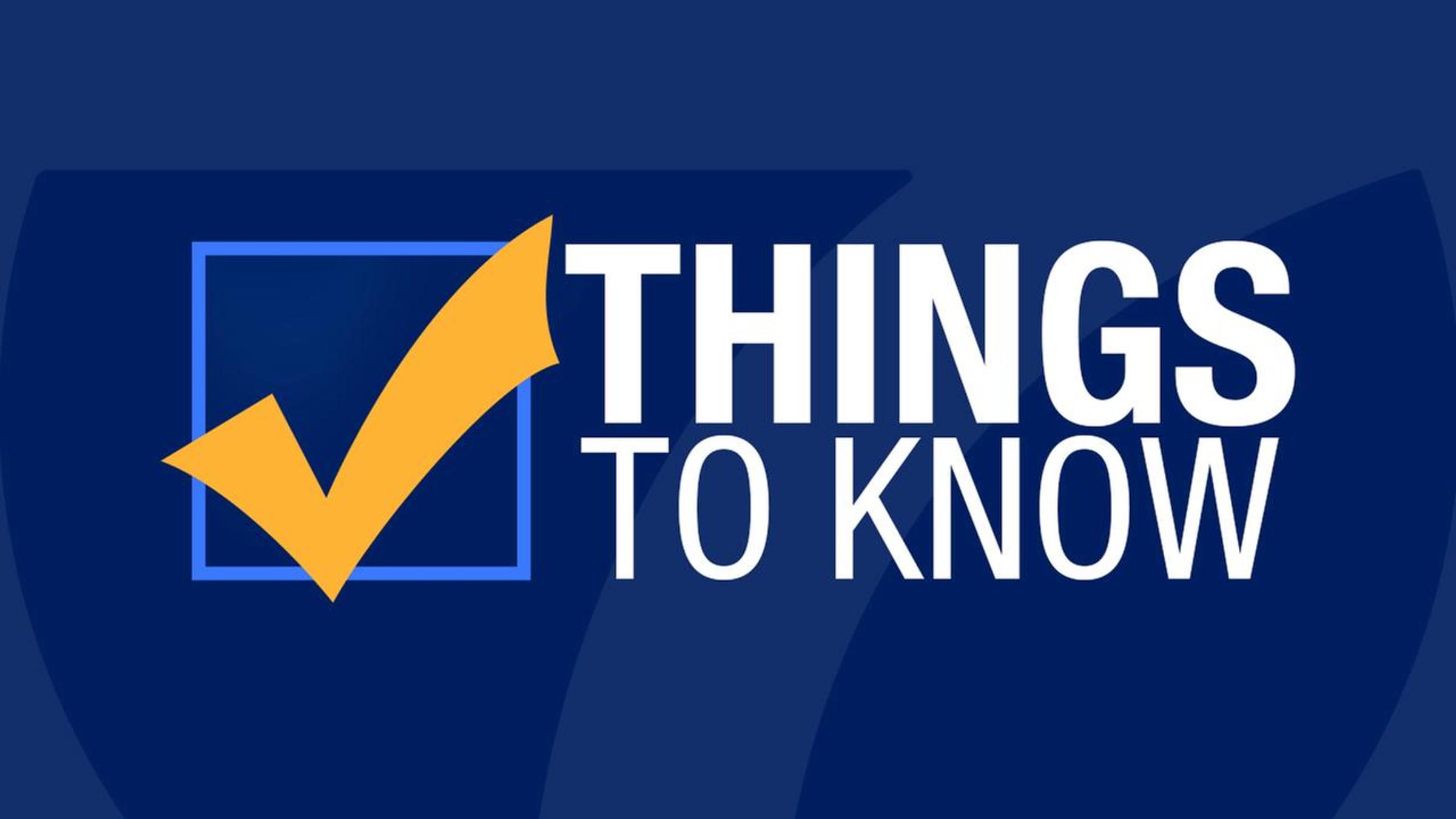
Things To
Know
SAVE THE DATES
It's time for or our next 'Tasty Treat Thursday'!
On Thursday the 19th of June, students will be offered delicious Greek donuts (1 serve = 3 donuts) 😋
Make sure to purchase tickets on Qkr! by Monday the 16th of June.
Don't miss out!


Dear RPS Families,
We would love you to contribute to our school’s display outside the office entrance with displays of your cultural festivals. At Ripponlea PS we love to know about and celebrate our diverse families’ cultural heritage.
We now have started a calendar of cultural festivals which celebrate our diverse cultural heritage and we encourage you to contribute to our display outside the office when your family is celebrating a cultural festival.
Please feel free to add to talk to Romany Tauber or Kara Merrin about adding your family’s festival celebrating your cultural heritage to our cultural heritage festival calendar, or simply bring in your display to put outside the office on the cabinet. Note there is limited space so talking to Romany or Kara will help us coordinate and make sure there is space for all!
In today’s digital world, our children are growing up in an environment where technology plays a central role in learning, connection and entertainment. While the internet offers incredible opportunities, it also comes with risks—especially for young users who are still developing the skills to navigate it safely and responsibly.
At Ripponlea Primary School, we believe that keeping children safe online is a shared responsibility between schools and families. Together, we can help our students develop the knowledge and behaviours they need to thrive in the digital world.
Here are some practical tips for supporting online safety at home:
Talk to your child regularly about what they’re doing online. Ask about the websites, games and apps they use, who they’re communicating with, and how they feel about their experiences. Keeping the conversation open helps your child feel safe coming to you if something goes wrong.
Just like we set rules for bedtime or screen time, it's helpful to set boundaries for online behaviour. This might include:
Encourage your child to pause and think before clicking, sharing, or responding online. Discuss what personal information is (e.g. full name, address, school, photos) and why it should never be shared with people they don’t know in real life.
Make sure parental controls are enabled on devices your child uses, and that privacy settings are activated on apps, websites and games. These settings can help filter out inappropriate content and limit who can contact your child.
Children learn by watching. Use technology together to show them how to be respectful, responsible and safe online. Celebrate the positive ways the internet can be used for learning, creativity and connection.
If your child becomes upset, secretive or reluctant to go online, it may be a sign that something is wrong. Stay curious, calm and supportive. Let them know it’s always okay to ask for help and that you’ll work through challenges together.
We also encourage all families to visit esafety.gov.au, Australia’s national online safety education site. It has fantastic, up-to-date resources for parents and carers to stay informed and empowered.
Together, we can ensure our students are not only safe online—but confident, kind and capable digital citizens. If you have any concerns or would like support, please don’t hesitate to speak with your child’s teacher or our wellbeing team.
We want every Ripponlea student to feel empowered and protected online. If you have questions or would like support, our teachers and wellbeing team are always here to help.
Let’s continue working together to make online spaces safer and more positive for all our children.
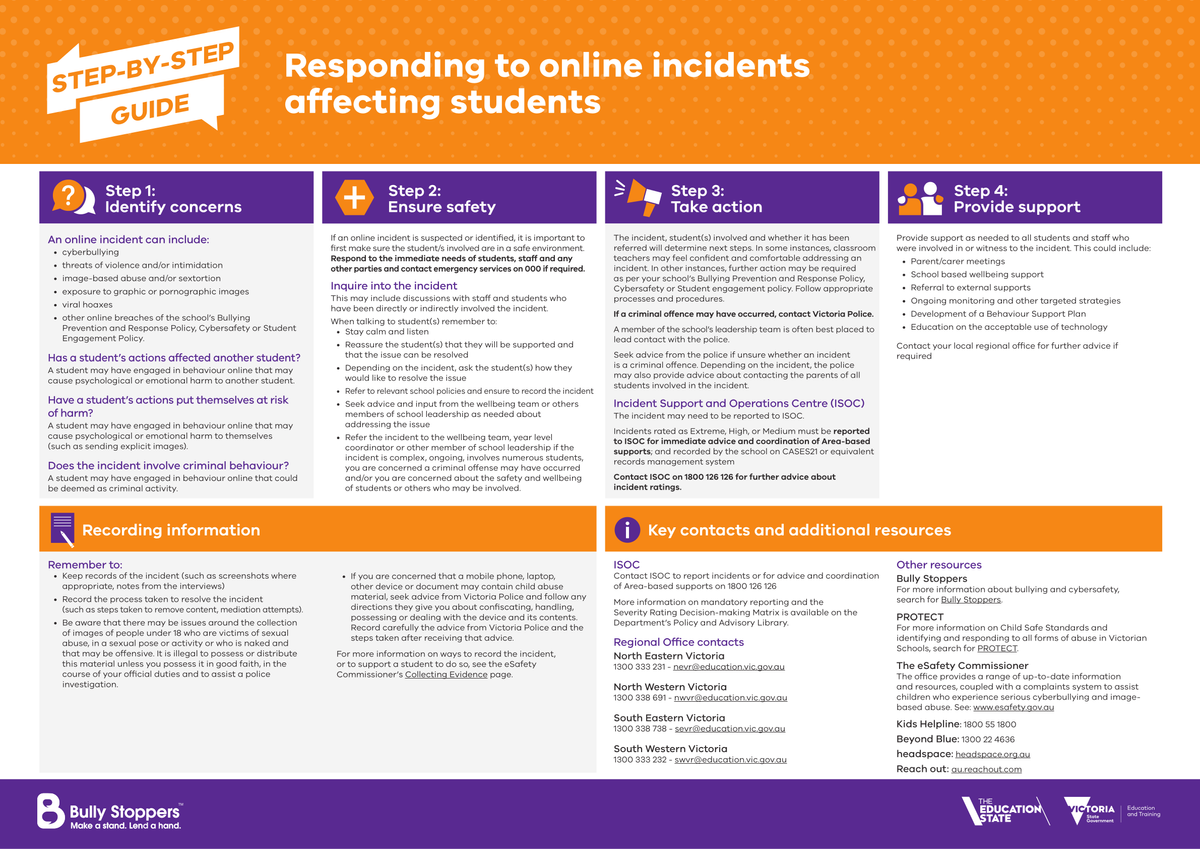

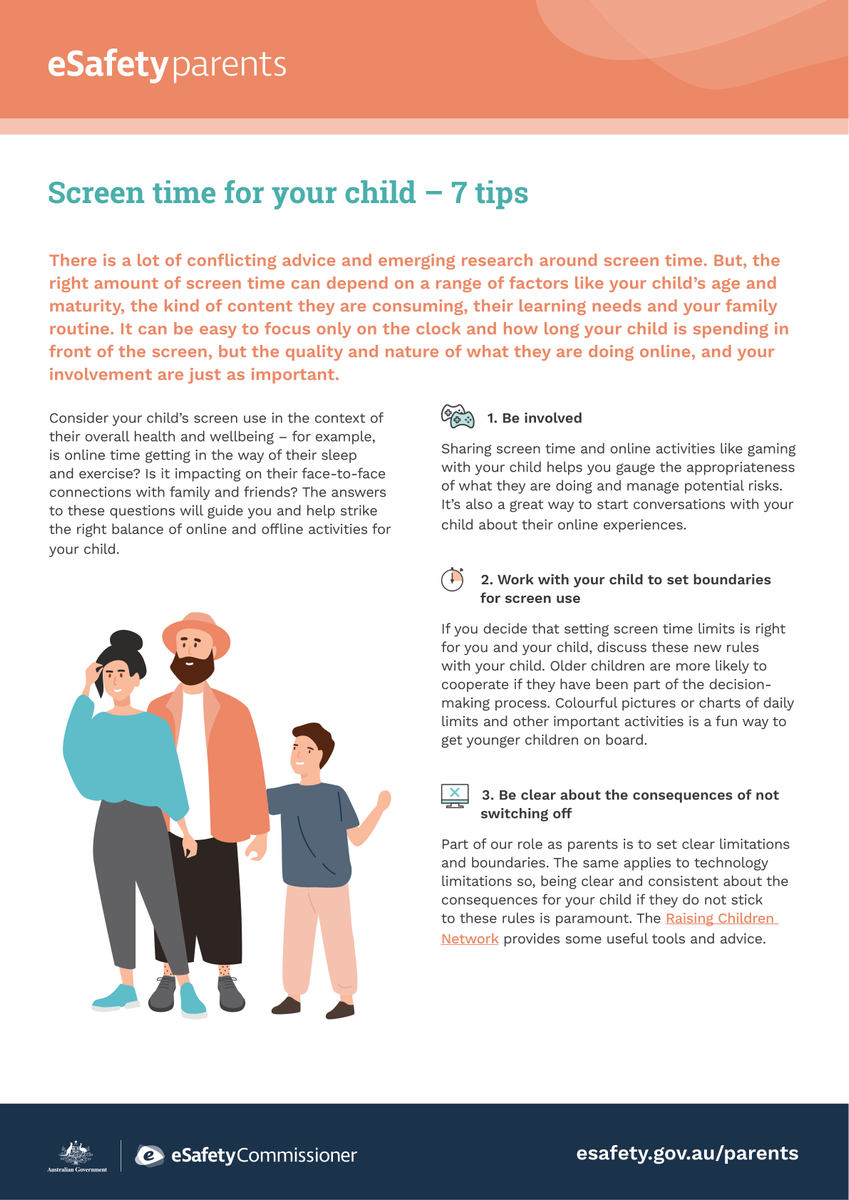
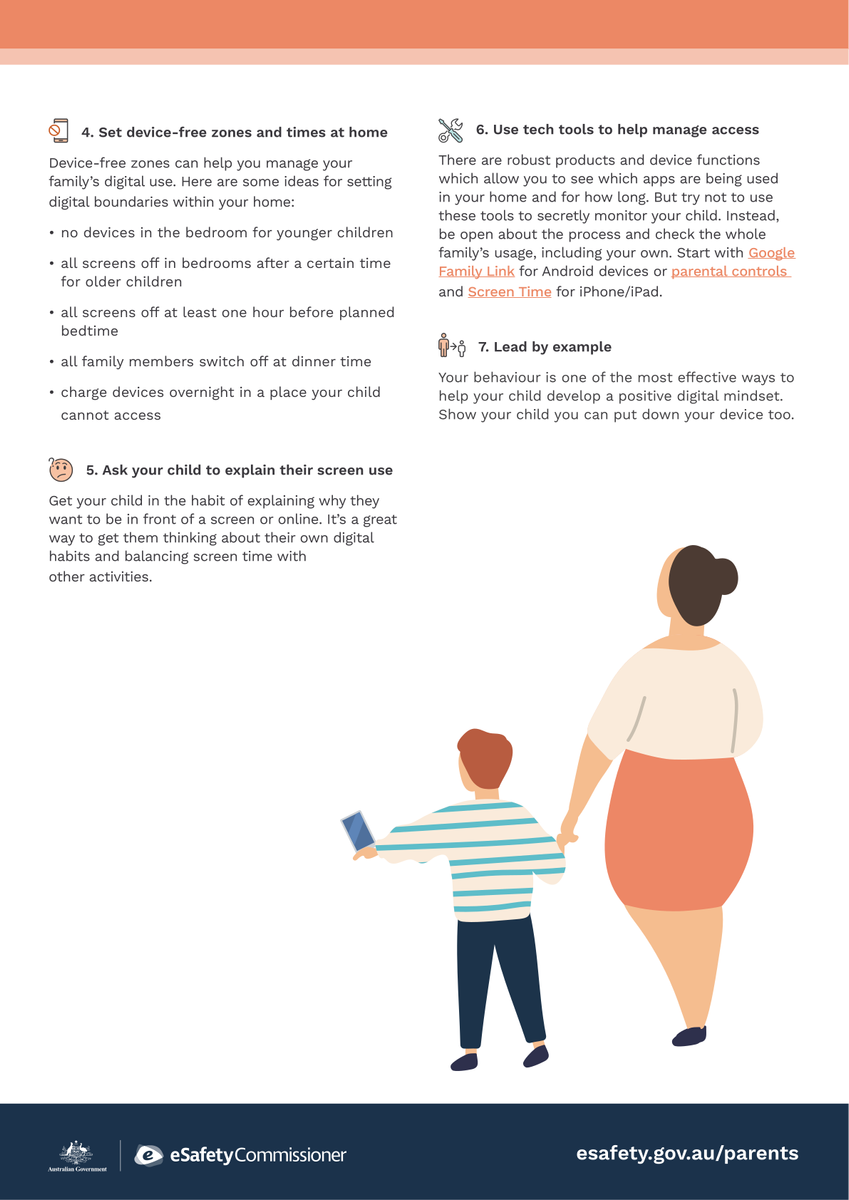


This term is a busy one for our staff as they are not only focusing on the delivery of core curriculum but also working hard to assess each student's learning growth over the past year, as well as over the last six months.
As part of this process, we are preparing for some important updates related to how we report on your child’s progress, especially in mathematics.
We would like to explain these changes in further detail to ensure you are informed and understand how this will impact your child’s report.
The Victorian Curriculum and Assessment Authority (VCAA) has updated the mathematics curriculum to its new version, known as Mathematics Curriculum 2.0.
These changes are designed to give teachers more flexibility in their planning and support, allowing them to link mathematical concepts with other areas of learning. At our school, we will begin using this updated curriculum for reporting purposes starting this term.
Previously, mathematics was reported across three distinct strands: Number and Algebra, Measurement and Geometry, and Statistics and Probability. With the updated curriculum, teachers will now report on mathematics as a whole, providing a single, aggregated score that reflects your child’s overall achievement in the subject.
When you receive your child's first report under the new curriculum, it will only show achievement (not progress), as the way progress is reported has also changed. For future reports, you will be able to see both achievement and progress against the updated standards.
These changes aim to help teachers better plan for each child’s learning and make connections between mathematical concepts and other subjects.
If you have any questions or would like more information about how this affects your child's report, please don’t hesitate to contact Mr Leech or Stef, our mathematics leaders.
In seeking and encouraging close partnerships with families and carers, the school often receives parent requests for NDIS funded providers to:
Ripponlea Primary School strives to support these requests whenever practical and safe to do so, with the decision ultimately resting with the school Principal.
The DET NDIS Funded Therapy in Schools Policy provides guidance on this process.
Families and carers wishing to organise on-site therapy to take place during the school day are asked to follow the 4 step process as outlined below.
1. Parents, in collaboration with the chosen provider, submit information about the proposed therapy and provide consent, allowing the Principal to make transparent, consistent, and informed decisions. This is done using the NDIS Funded Therapy Request and Consent form.
2. The Principal considers the request in light of all relevant factors and makes a decision as to whether the therapy can be provided on school grounds. The decision is communicated to the therapist and the family. Key considerations include:
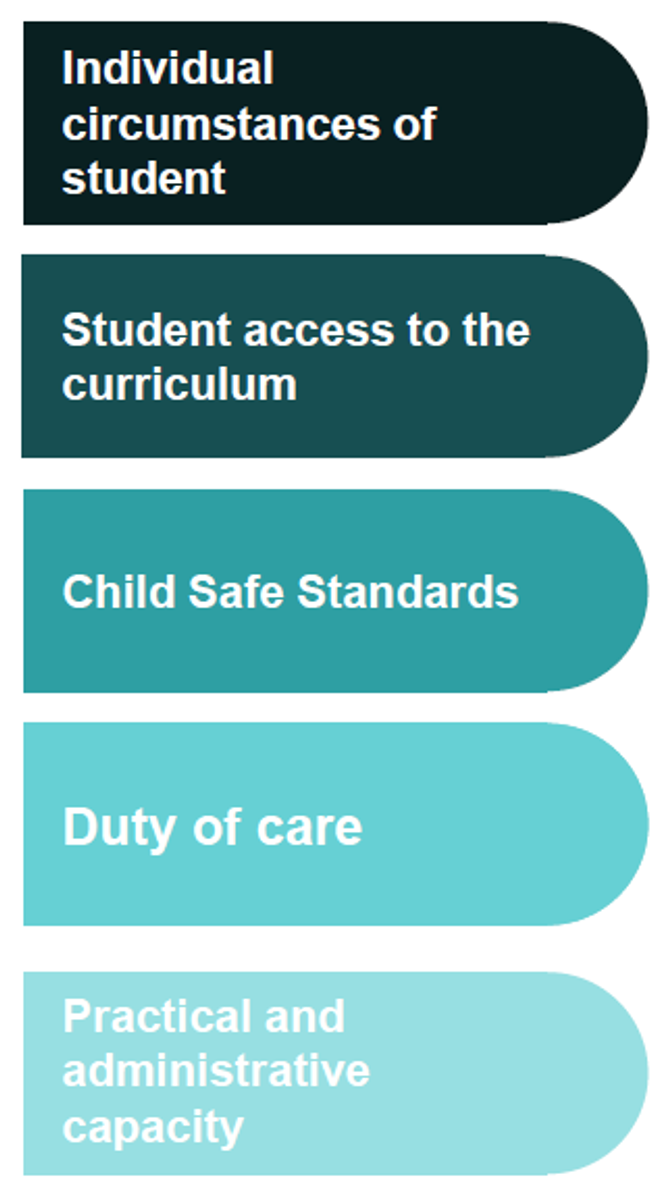

3. If approved, appropriate arrangements are put in place. This includes ensuring relevant forms and agreements are completed, and that scheduled therapy times fit within the Specialist timetable and availability of appropriate spaces.
4. A licence agreement is signed by school council, containing important provisions that:
- require the therapist to hold appropriate insurances
- require the therapist to comply with reasonable instructions and requests
- allow the principal to put in place appropriate supervision and information sharing arrangements.
Parents and carers who would like more information regarding an on-site therapy arrangement, or further support with any part of the process, are encouraged to contact Marta Campell directly.